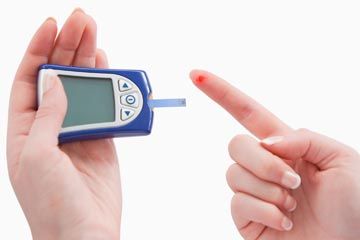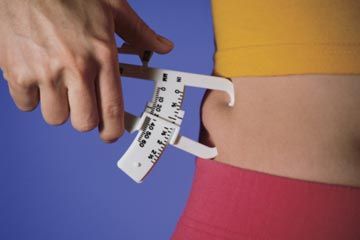Of all the health problems the general population faces, exercising too much is nowhere near the top of the list. It's well-documented that a sedentary lifestyle and its effects -- an overweight and obese society -- is literally a growing concern. But an overabundance of exercise does have the potential to impact fertility in both men and women.
A healthy and hardy sperm count increases a man's odds of getting his partner pregnant. But any sport, such as cycling, that presses the testicles against the body may cause a decrease in the number of sperm available to vie for fertilization of the female egg. The temperature of the region simply becomes too hot to support optimal sperm counts. The use of steroids, which are both unhealthy and illegal, can also threaten fertility [source: Parenting.com].
Advertisement
In women, fertility issues tend to be more complex. Hormone levels can be affected by exercise and underweight females. Excessive heat -- which can be produced in a sauna or during intense workouts -- is associated with miscarriage. It has also been cited as a cause of birth defects [source: Parenting.com]. Exercise-induced endorphins boost prolactin levels that can make a pregnancy less likely to occur. Women who are extremely active are also more prone to have inconsistent menstrual cycles and, in some cases, they won't ovulate if they are underweight even when a menstrual cycle occurs [source: Advanced Reproductive Care].
To fully understand the issue of exercise and its connection with fertility, it's important to define what too much exercise is and what's considered an unhealthy body weight. Click ahead to learn more about body mass and the impact exercise can have on a person's odds of becoming pregnant.
Advertisement


